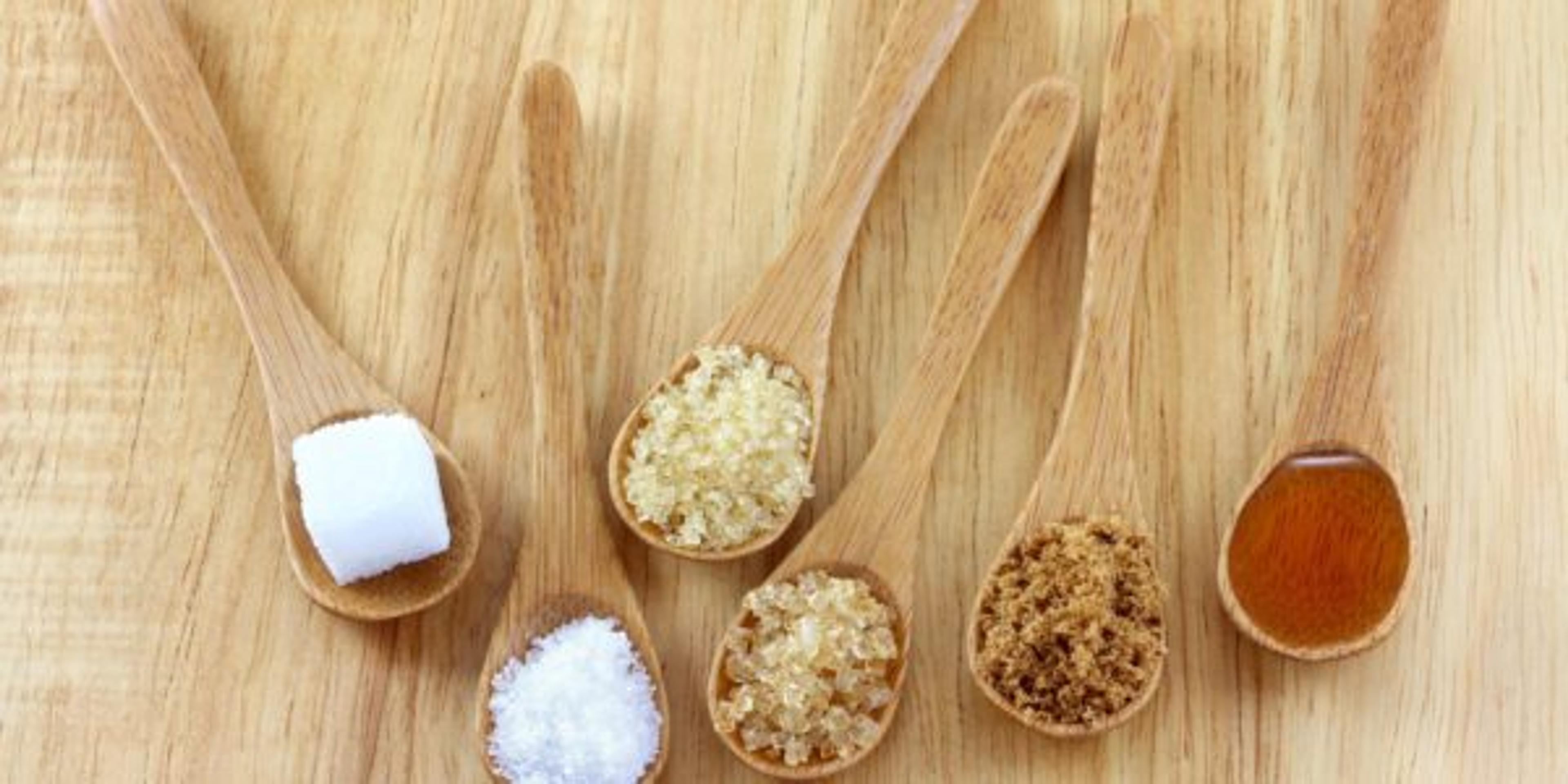How Sugar Alternatives Affect Blood Sugar
Shandra Martinez
| 3 min read

For millions of people in the U.S. who have diabetes, figuring out how sugar and sugar alternatives fit into their overall diet is a big question. Learning to adjust your diet to keep chronic conditions like diabetes in check can be a challenge, especially if you have a sweet tooth. You might wonder how sugar alternatives work, and how they can affect blood sugar levels.
When someone has diabetes, it means their body either cannot make enough insulin, or can’t regulate it properly, according to the Centers for Disease Control and Prevention. In our bodies, most of the foods we eat are broken down into sugars and then released into the bloodstream. Insulin acts like a gatekeeper, directing the blood sugar into the body’s cells so it can be used as energy. When the insulin levels are not being regulated correctly, this diabetic condition can then cause other problems like heart issues, vision loss, and lack of kidney function.
A growing problem. Diabetes is the seventh leading cause of death in the U.S, according to the CDC. In the last 20 years, the number of people diagnosed with this condition has more than doubled. Currently, there are more than 34 million people in the U.S. who have been diagnosed as diabetics, but even more are standing on the edge of that diagnosis: 88 million U.S. adults – about one in every three adults – are considered pre-diabetic and in danger of being diagnosed with diabetes.
Why sugar alternatives can help. Many people with diabetes have turned to sugar alternatives to fill the sweet spots in their diets. While most diabetics can still eat regular sugar in moderation as part of a healthy diet, sugar alternatives have benefits that offer people more leeway as they count their carbs and keep track of their daily blood sugar levels. The Mayo Clinic outlined these particular benefits for diabetics reaching for a sugar alternative:
- Sugar alternatives offer the sweet taste of regular sugar, but most have no calories.
- Sugar substitutes are often much sweeter than real sugar, so you need to use less.
- Foods made with sugar alternatives may have fewer calories overall than those made with real sugar.
No blood sugar spike. Most sugar alternatives do not affect blood sugar levels. On diabetic food lists, these artificial sweeteners are often listed as “free foods” – or a food that has less than 5 grams of carbohydrates and less than 20 calories. If you are using a diabetic exchange program to track your meals and snacks, sugar alternatives usually don’t have to be counted as a carb or a calorie.
Most common alternatives. Here’s a list of some of the most common sugar alternatives, and how they might be used in a diabetic diet, according to WebMD.
- Saccharin (Sweet’N Low): Can be used in both hot and cold foods.
- Aspartame (NutraSweet and Equal): Can be used in cold and warm foods. If used in hot foods, it can taste less sweet.
- Acesulfame potassium (Sunett): Can be used in hot and cold foods and can be used in cooking and baking.
- Advantame: Found in baked goods, soft drinks, jams, desserts and many other low-sugar products at the grocery store.
- Sucralose (Splenda): Can be used in hot and cold foods, as well as in cooking and baking. It’s a common ingredient in low sugar processed foods.
- Stevia (Pure Via, Truvia): Can be used in hot or cold foods. Common uses include as a sugar substitute in coffee or sprinkled over oatmeal or cereal.
Related:
Photo credit: Getty Images





